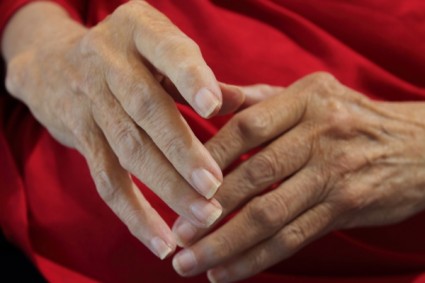Sexual assault in nursing homes is an undoubtedly disturbing occurrence. According to a recent investigation by CNN, it’s also a more prevalent one than previously realized. As part of an in-depth investigation into the problem, reporters discovered there were 16,000 complaints of sexual abuse in long-term care facilities (nursing homes and assisted living centers) since…
Continue reading ›Broward Injury Lawyer Blog
When a worker is injured in a Fort Lauderdale construction accident, there are a number of possible avenues of compensation. The first, of course, is workers’ compensation, which is a no-fault insurance benefit afforded to almost all employees in Florida. Exclusive remedy provisions of the state’s workers’ compensation law hold that this benefit is the…
Continue reading ›The New York Court of Appeals recently considered a case wherein plaintiff alleged injuries sustained as a result of a poorly-maintained, diseased tree was the responsibility of both the property owner and the state. According to court records, plaintiff suffered serious personal injuries when a large branch broke off that tree, which abutted the road,…
Continue reading ›Japanese auto parts maker Takata recently pleaded guilty to fraud for concealing defects in millions of airbags sold to consumers throughout the U.S. and across the globe. The Justice Department announced the company will pay $1 billion for this deception, which affected 19 automakers and some 100 million vehicles worldwide. Although that sounds like a…
Continue reading ›Recently, the North Carolina Supreme Court took on the issue of whether an arbitration agreement can be enforced in a medical contract. In a 4-2 decision, the court ruled plaintiff patient and his wife don’t need to go to private arbitration with the doctor and surgical practice for permanent injuries plaintiff suffered when defendant doctor…
Continue reading ›A personal chef who sustained severe personal injuries following a trip-and-fall while at work in a private home was awarded $1.5 million in damages as part of a settlement agreement in exchange for voluntarily dismissing his claim in court. According to the Greenwich Time, the settlement was reached between the chef and the remodeling company,…
Continue reading ›Plaintiffs in a recent wrongful death lawsuit before the Kansas Supreme Court argued that the township, the county and the state department of wildlife and parks were liable for the fatal car accident. Claimants attributed the crash to the failure to provide adequate barriers, signs or other warnings along sections of the road where the…
Continue reading ›Life for a 14-year-old boy and his family was forever altered the day he tried to catch a county bus in Fort Lauderdale. The teen had been walking to the Broward mass transit bus stop site with his mother when she had a problem with her shoe and fell. She urged him to hurry and…
Continue reading ›In Florida slip-and-fall cases, the negligent mode of operation rule was developed initially through common law, later codified in F.S. 768.0710(2), which described the “mode of operation” as a possible cause of action a property owner could face in negligence actions that involved slips and trips on transitory foreign substances on the floor. As the…
Continue reading ›A new analysis conducted by the Federal Insurance Office reveals millions of Americans live in swaths of the country where car insurance is not affordable. In an analysis of 9,000 ZIP codes with high numbers of “underserved” people, including those with low-to-moderate incomes and minorities, approximately 10 percent lived in regions where auto insurance cost…
Continue reading ›





















